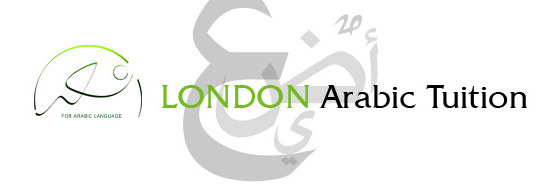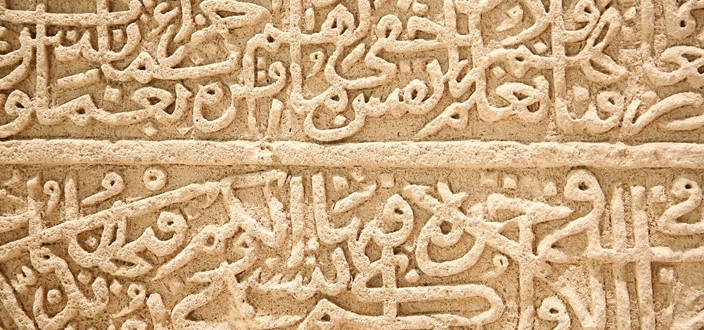The Arabic language, English language, Writing and Script, Consonant Sounds, Vowel Sounds, and Verb Tenses. For anyone looking to learn Arabic, London Arabic Tuition offers classes in a variety of dialects and with experienced native instructors. As the world rapidly globalizes, two of the most popular languages spoken on the planet are Arabic and English.
With more than 422 million speakers of Arabic and 1.5 billion native and non-native English speakers worldwide, it is no surprise that these two languages are widely used in various forms of communication, including business, education, and media. When learning Arabic, it is essential to understand the fundamentals of the language, such as the Arabic script, consonant and vowel sounds, and verb tenses.
The Arabic script is composed of 28 letters which form words that are read differently than English words. Consonant sounds vary depending on the dialect, but some of the most commonly used consonants are hamzah, حَمْزَةُ, qaaf, قَافِ and nun, نُونْ.
This is in contrast to the English language, which has 5 basic vowel sounds – a, e, i, o and u. In Arabic, there are 11 vowel sounds – seen, سِينْ, noon, نُونْ and meem, مِيمْ – as well as three long vowels – seen, سِينْ, noon, نُونْ, and meem, مِيمْ.
In addition to the difference in script and vowel sounds, verb tenses also vary between English and Arabic. English has a few common verb tenses – present, past, future – whereas Arabic has up to 10 different verb tenses. In particular, the jussive, imperative, and subjunctive are quite complex in comparison to their English equivalents.
Whether you hope to learn Arabic for educational, business, or cultural purposes, it is important to understand the nuances of the language.
London Arabic Tuition offers experienced native instructors and classes in a variety of dialects to make the learning process even easier. With a full understanding of the script, consonant and vowel sounds, and verb tenses, mastering the Arabic language is a rewarding experience that students can look forward to.
Arab and English are two of the most popular languages on Earth, each having its own unique characteristics. The popularity of these languages is likely due to the growing global population and the need for individuals to communicate with others in different countries.
Arabic is the official language of 22 countries, making it one of the most commonly used languages in the world. It is the fourth most spoken language, with over 300 million native speakers. The language is written with a cursive alphabet that is read from right to left, and it features a set of distinct sounds, verb tenses, and nouns that can be challenging for non-native speakers.
English is the most widely used language in the world. It is the official language of 67 countries and is spoken by more than 1.5 billion people. English is also the primary language of business and is used in countless different industries.
While English has a relatively simple alphabet, learning it can be a challenge due to its large vocabulary and numerous grammar rules.
Despite their differences, learning either language can be a rewarding experience. With a full understanding of the alphabet, consonant, and vowel sounds, and verb tenses, mastering the language can open up a whole new world of opportunities. Furthermore, with the advancements in technology and the increased availability of language-learning tools, the process of learning either language has become easier.
In conclusion, Arabic and English are two of the most popular languages on Earth. With its distinctive characteristics, Arabic is spoken by 300 million people and is the official language of 22 countries. English is even more popular, with more than 1.5 billion people speaking it worldwide, and it is the primary language of business.
Both languages offer numerous opportunities for those who learn, making them great candidates for study.




Leave a Reply
You must be logged in to post a comment.